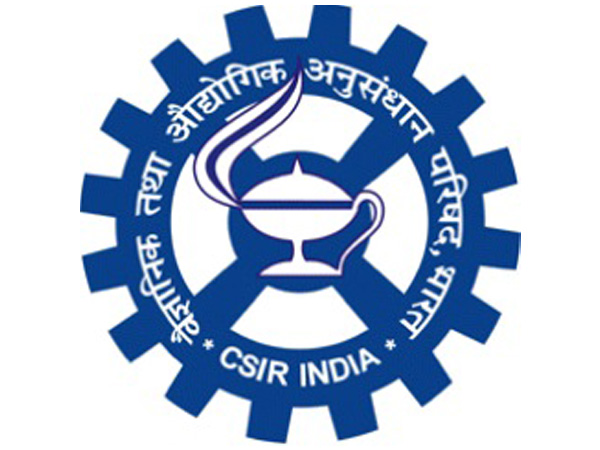The CSIR-National Institute of Science Communication and Policy Research (NIScPR), in collaboration with Gurugram University, inaugurated the International Conference on Communication and Dissemination of Traditional Knowledge (CDTK-2024) on November 13, 2024, at Gurugram University. The event attracted researchers, students, and global dignitaries focused on leveraging India’s rich cultural knowledge for modern scientific advancement.
In his welcoming remarks, Prof. Dinesh Kumar, Vice Chancellor of Gurugram University, acknowledged the importance of CDTK-2024 as a platform to highlight Indian cultural legacies and adapt them to meet contemporary global needs. The conference emphasizes integrating traditional wisdom with modern science to solve today’s challenges.
Prof. Ranjana Aggarwal, Director of CSIR-NIScPR, presented an introduction to SVASTIK (Scientifically Validated Traditional Knowledge), a national initiative led by CSIR-NIScPR to communicate validated Indian traditional knowledge to the public. She emphasized how SVASTIK has published engaging traditional knowledge stories in 17 Indian languages across social media and in two curated SVASTIK publications, aiming to inspire young minds to explore scientific perspectives embedded in cultural heritage.
The keynote lecture was delivered by Dr. Shekhar C. Mande, Distinguished Professor at Savitribai Phule Pune University and former Director General of CSIR. Dr. Mande highlighted India’s historical contributions to fields like metallurgy, mathematics, and medicine, showcasing how ancient Indian scientific principles remain relevant. He cited William Dalrymple’s book, The Golden Road, as an example of how the world is increasingly recognizing India’s scientific heritage.
Prof. K. K. Aggarwal, President of South Asian University, served as the Chief Guest, urging the academic community to engage in interdisciplinary research that combines traditional knowledge with scientific validation. Prof. Aggarwal emphasized that this knowledge should be actively shared worldwide, rather than neglected or forgotten.
A notable event during the session was the release of the Souvenir & Abstract book and two digital flipbooks titled "Treasure of Indian Traditions: A Journey through Scientifically Validated Indian Traditional Knowledge," available in Hindi and Punjabi. The flipbooks aim to provide authentic information on India’s traditional knowledge systems to a broad audience, from scholars to young learners.
Dr. Charu Lata, Principal Scientist at CSIR-NIScPR and Coordinator of CDTK-2024, extended a vote of thanks to the event collaborators, dignitaries, and delegates, highlighting their support in making the conference a successful platform for showcasing traditional knowledge systems. The conference, with its wide range of international and national participants, stands as a significant milestone in promoting the integration of India’s heritage with global scientific discourse.











